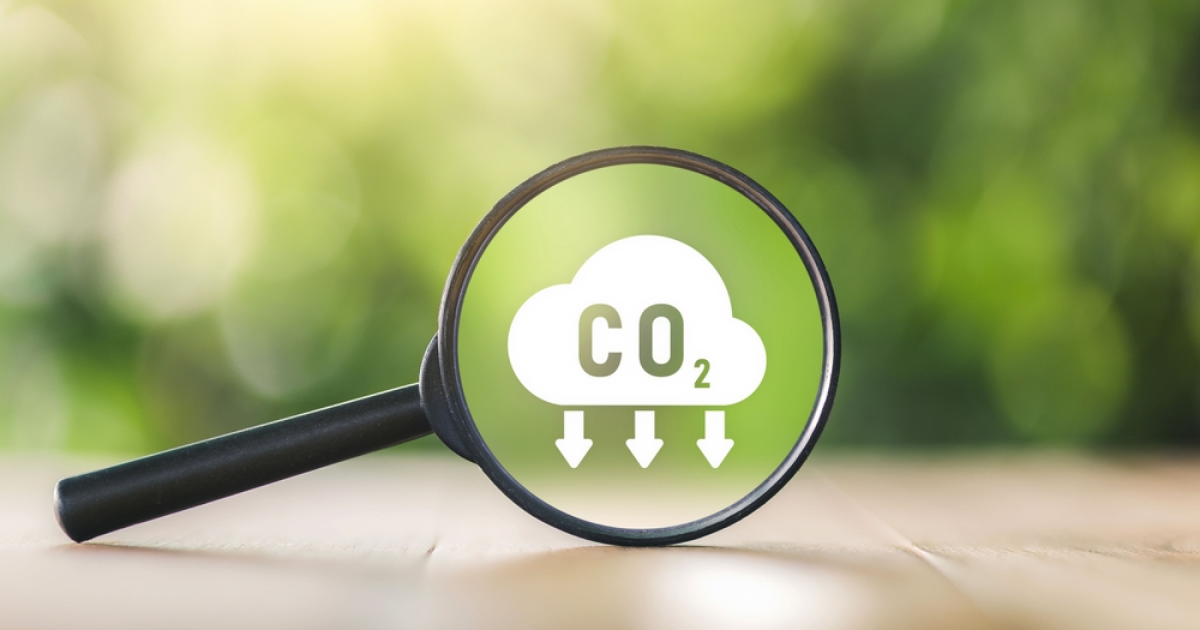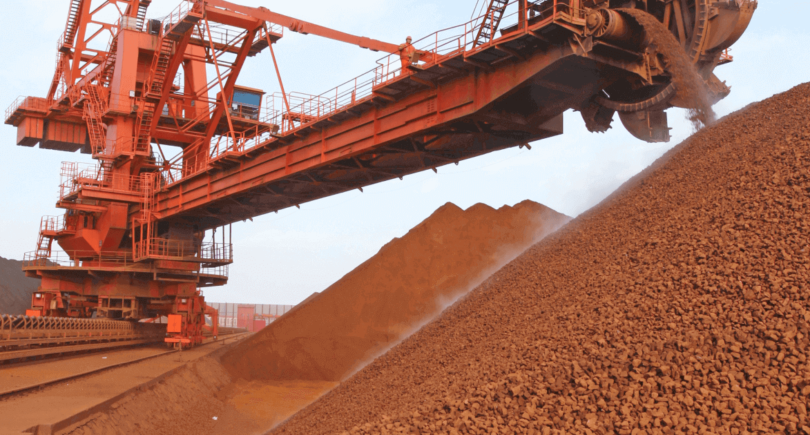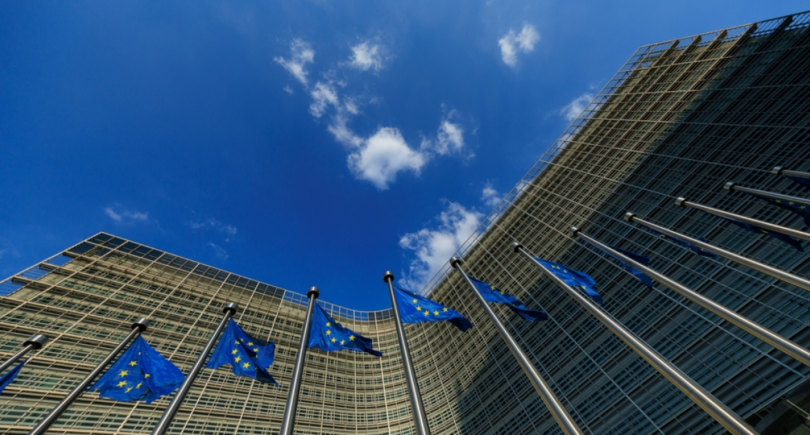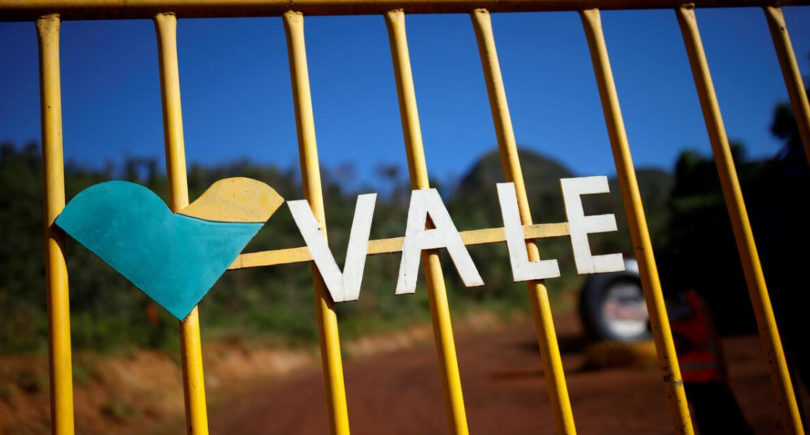
News Global Market декарбонізація 110 03 July 2025
The bloc also plans to compensate export industries for carbon emissions
On July 2, the European Commission (EC) presented amendments to the EU climate law, proposing that the bloc reduce net greenhouse gas emissions by 90% by 2040 compared to 1990 levels.
According to the EC, this will give confidence to investors and innovation, strengthen the industrial leadership of European companies, and increase the region’s energy security.
The EC notes that the bloc is well on track to achieve its 2030 target of 55%. The new proposal builds on this existing legally binding EU target and sets out a more pragmatic and flexible way to achieve it.
At the same time, the European Commission has included flexible conditions to mitigate emissions reductions for industry. In addition, the proposal allows carbon credits from non-EU countries to be counted towards 3% of the 90% target from 2036, which is a new approach.
The EC’s proposal to set a climate target for 2040 will be submitted to the European Parliament and the European Council.
At the same time, according to Reuters, by the end of this year, the EC will propose a scheme that will use revenues from CBAM to support companies that export goods to foreign markets where competitors do not pay CO2 emission costs. It will be linked to the gradual loss of free allowances. According to EU Climate Commissioner Wopke Hoekstra, the compensation is expected to cost the bloc €70 million in 2026. The EU expects its carbon border tax to generate €2.1 billion in revenue by 2030.
The Commission is still working on the design of this scheme, which it will propose by the end of 2025, along with measures to prevent foreign companies from circumventing the CBAM.
The European Steel Association (EUROFER) has commented on the EC’s new proposal to reduce emissions. It notes that the proposed 90% target requires an unprecedented transformation of society and industry in the bloc in just 15 years.
To make the transition in metallurgy possible, the EU must more decisively implement its action plan for steel and metals, ensure effective trade protection against global overcapacity, access to competitive low-carbon energy and scrap, and a watertight CBAM mechanism.
EUROFER CEO Axel Eggert noted that European steelmakers have planned more than 60 industrial-scale projects that could deliver significant emissions reductions by 2030 if they receive timely and effective support. However, in the absence of the right conditions, many of the initiatives are already delayed, and some have been halted altogether.
“In this light, the main goal of 90% for the entire EU by 2040 risks becoming an illusion, as it involves the almost complete decarbonization of energy-intensive industries such as steel, transport, and households in just 15 years. This is a monumental challenge,” he stressed.
The association also criticized the CISAF program announced last week, in particular because of its significant dependence on national implementation.
In addition, EUROFER commented on plans to introduce a new measure to prevent the risk of carbon leakage for exporters of EU goods produced in CBAM sectors. The association notes that the announcement lacks a concrete legal proposal and structure.
Climate ambitions, says Axel Eggert, must be achieved through innovation and investment in Europe, not through deindustrialization. This will only be possible if the EU’s business case for the transition is quickly supported by the necessary enabling policies.
On June 19, the EU Council and the European Parliament agreed on changes to the cross-border carbon adjustment mechanism, which are part of the Omnibus I simplification package presented in February.




